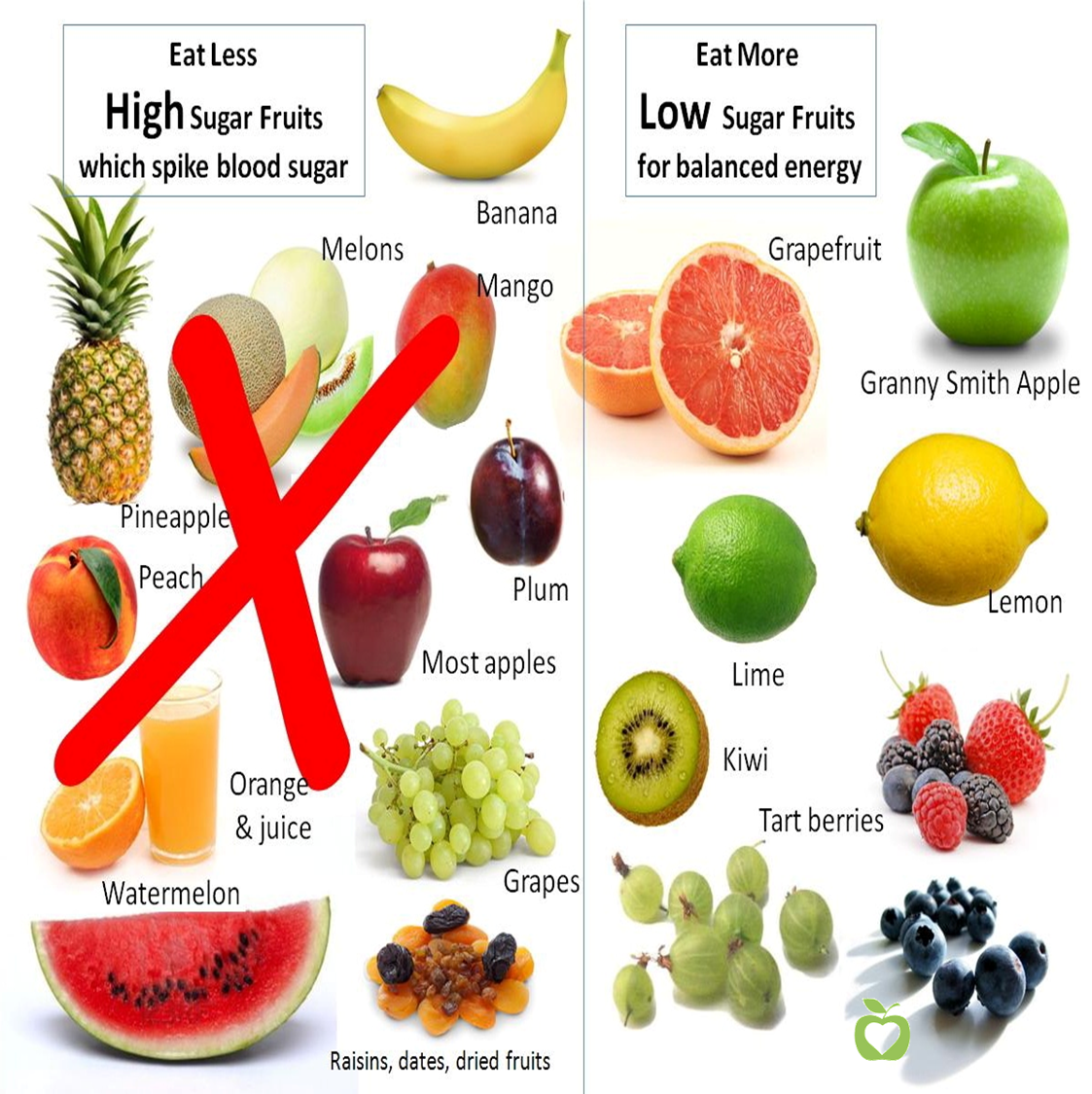Managing diabetes involves more than just monitoring sugar levels; it’s about making smart choices, and that extends to the fruits you eat. Here, we dive deeper into the world of fruits, categorizing them into two groups: those high in natural sugars and those with a lower impact on blood sugar.
The Sweet Reality: High Sugar Fruits
While all fruits offer essential nutrients, some are higher in natural sugars, which can affect blood glucose levels more significantly. It’s crucial for individuals with diabetes to consume these in moderation.
1. Grapes
Grapes are delicious, but their sweetness comes from natural sugars. Opt for smaller portions to enjoy the taste without causing a spike in blood sugar.
2. Mangoes
Mangoes are a tropical delight, but their natural sugars can be concentrated. Enjoy them sparingly and be mindful of portion sizes.
3. Bananas
Bananas are convenient and nutrient-rich, but they contain higher levels of carbohydrates. Consider smaller bananas and pair them with protein or healthy fats.
4. Pineapple
Pineapple, though rich in vitamins, is higher in natural sugars. Limit your intake and enjoy it as part of a balanced meal.
5. Lychee
Lychee is sweet and fragrant, but it’s also higher in sugars. Consume it in moderation and be aware of its impact on blood sugar.
The Smart Swap: Low Sugar Fruits
Making wise fruit choices involves incorporating those with lower natural sugar content. These options provide essential nutrients without causing a significant impact on blood sugar levels.
1. Berries
Berries, such as blueberries, strawberries, and raspberries, are not only rich in antioxidants but also lower in natural sugars. They can be excellent additions to a diabetes-friendly diet.
2. Avocado
While technically a fruit, avocado is low in sugar and high in healthy fats. It’s a versatile choice that can be added to salads or enjoyed on its own.
3. Peaches
Peaches offer sweetness with a lower natural sugar content. Enjoy them fresh or add them to yogurt for a delightful snack.
4. Apricots
Apricots are not only low in sugar but also provide a good dose of fiber. Snack on them or add them to your morning oatmeal.
Timing Matters: When to Enjoy Fruits
Beyond choosing the right fruits, timing is crucial for managing blood sugar levels effectively.
Morning Delight
Consider incorporating fruits into your morning routine. The body tends to be more insulin sensitive earlier in the day.
Pairing Power
Pair fruits with protein or healthy fats to slow down the absorption of sugars, reducing their impact on blood glucose levels.
Mindful Portions
Controlling portions is key. Even low-sugar fruits should be enjoyed in moderation to maintain a balanced diet.
Your Personalized Path to Success
Achieving nutrition goals while managing diabetes requires a personalized approach. Comfort Nutrition Services offers expert guidance and counseling to help you navigate the world of nutrition. Our team of professionals understands the unique needs of individuals with diabetes, providing tailored advice to make informed choices about your diet.
Making informed choices about fruit consumption is an essential part of diabetes management. By understanding the sugar content of different fruits and being mindful of portion sizes, you can still savor nature’s sweetness without compromising your health.

